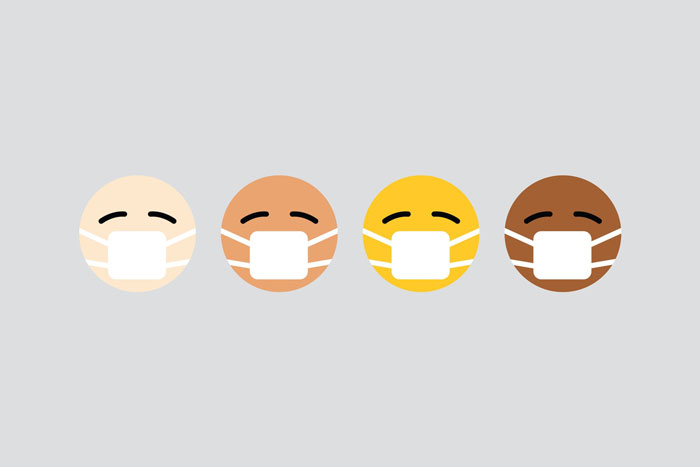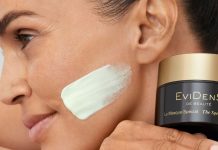Beauty brands are expanding their home collections, going online and focusing on gadgets. How else has the pandemic affected the beauty industry?
All sales go online
Couriers became the saviors of this world, in which we are settled in homes with computers and a bunch of tabs with our favorite stores. Those who did not have online sales quickly designed a sales algorithm, those who had everything in order with the digital segment came up with more relevant online consultants, new items and discounts.
Expanding home care
Left without the supervision of specialists during self-isolation, we learned to do procedures that we had dreamed of mastering for a long time (removing shellac independently is also taken into account!). Beauty brands have responded with home spa kits, manicure, and pedicure kits.
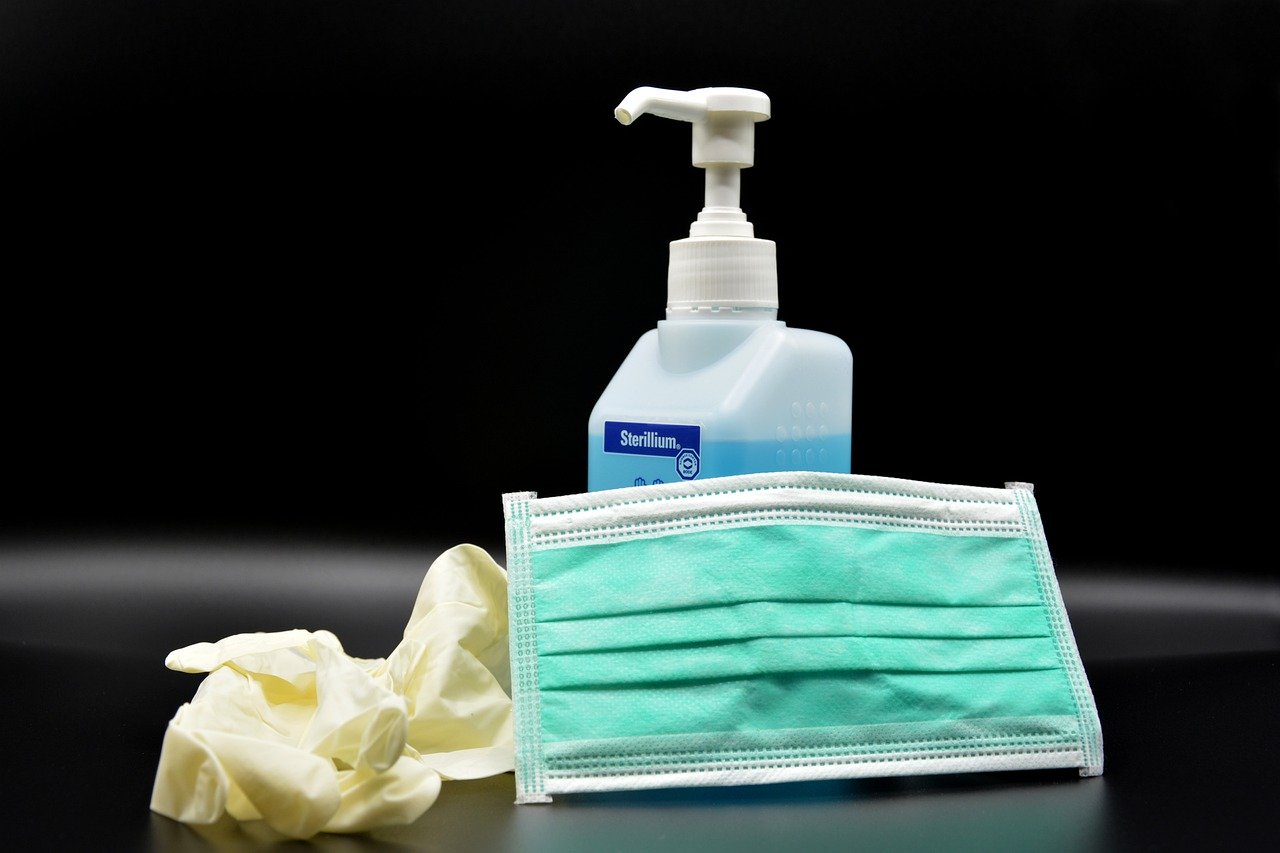
Salons that were left out of work for a while also tried to support the trend by releasing kits for home hair and eyebrow dyeing.
Care is more popular than makeup
There is an old story that during the Great Depression, interest in red lipstick increased in the United States. This fact should indicate that women want to do makeup even in the most difficult times.
Our reality turned out to be different: skin care products (creams, masks, serums) have become popular. Interestingly, lipstick has actually been replaced by lip balm: the former stains a protective mask (which we now have to wear in public places), but the balm is less problematic.
And in general, everything is logical: sitting locked up, we do not find it necessary to apply makeup, but we do have time to improve the condition of the skin.
The social mission has become more important than the environmental agenda
When the pandemic was just beginning, there was a version that it was invented by eco-activists, thus trying to help the planet breathe more freely. “The land was so cleared that the dolphins returned to Venice.” We were sitting at our homes and almost never went outside, while the animals were enjoying freedom, and the trees spread their twigs.
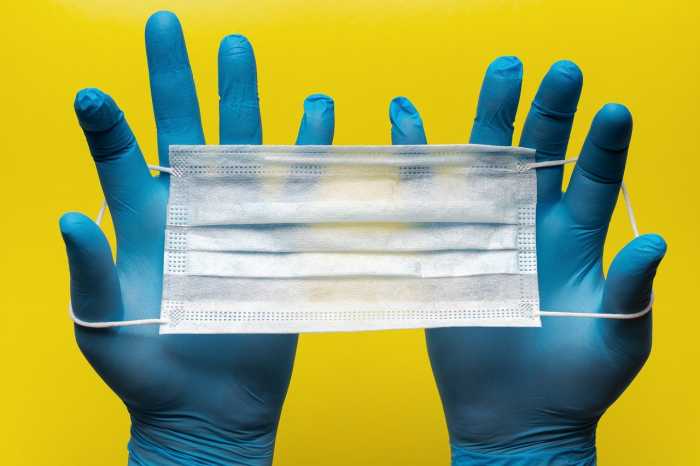
Alas, this is only one side of the issue – ecologists from Oceanasia, who are constantly inspecting the beaches of Hong Kong in search of plastic, plastic bags and other “indigestible” items for the oceans, claim that they now find at least 70 masks at a time.
However, environmental problems are slowly fading into the background: faced with a previously unknown disease, brands that used to call for plastic recycling are now releasing sanitizers and supporting funds to fight the coronavirus. Of course, ecology will not lose its relevance, but now people’s lives are more important.
Antistress cosmetics
Anything that promises the consumer to calm down and fight stress (perfumes with a relaxing effect, night masks that promote sound sleep) have an incredible effect. Still, the general panic has increased, and we are trying to regain our peace of mind by any means, including the means from our home care.
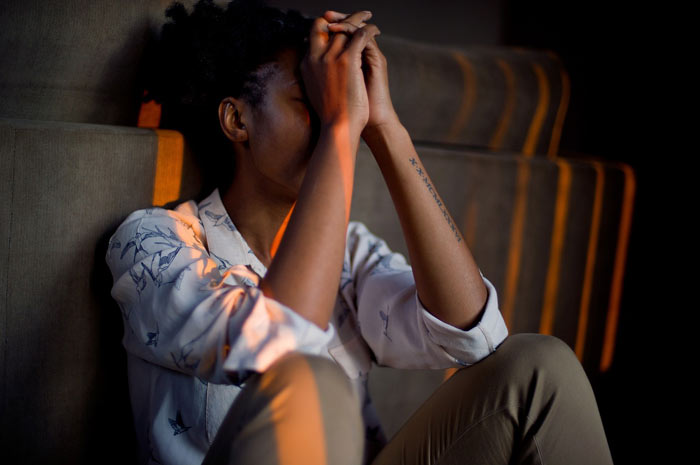
Home gadgets have also become incredibly popular during the quarantine period. They were used during the quarantine, and for many they became a habit.
More antibacterial agents
Everything is antibacterial: creams, soaps, shower gels. We also paid attention to the scoops for creams, which were rarely used by anyone. The fear of reaching into a jar of cream with your hands is so strong now that you can use this auxiliary element as well.
For the same reason, airless packaging acquires additional relevance, meaning the one that reduces contact with air and hands (for example, when there is a valve).


